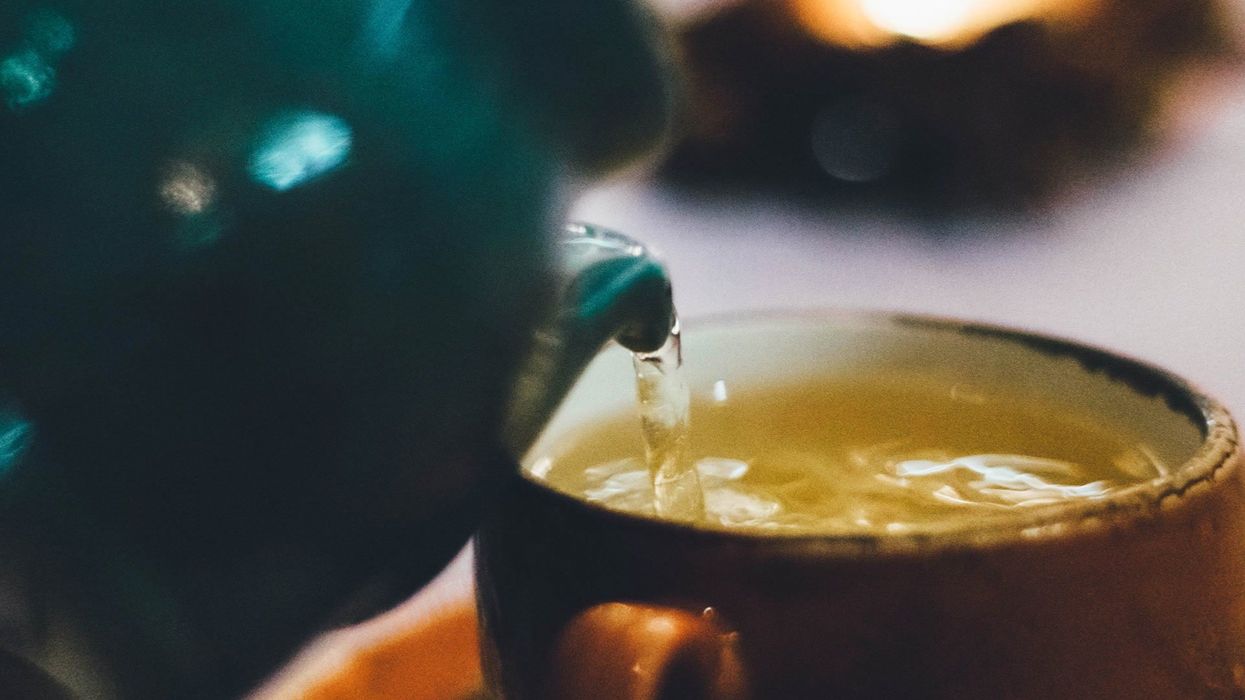The United States embassy has issued a statement over a growing tea controversy that suggested the perfect cuppa involved adding a pinch of salt.
Chemistry professor Michelle Francl of Bryn Mawr College in Pennsylvania researched what would make the best cup of tea and found that sodium blocked a chemical reaction that makes tea taste bitter and that squeezing teabags reduces “sour-tasting tannins.”
Most of Francl's research appears based on the "horrific" cups of tea that she has had in the United States, which is more famed for being a coffee-drinking nation.
To Brits though, the idea of adding anything other than sugar or milk to a cup of tea is particularly horrifying, especially something like salt.
Such is the uproar that the research has caused the US embassy in London has been forced to issue a statement to distance themselves from any further controversy or commotion.
On X/Twitter the embassy wrote: "Today’s media reports of an American professor’s recipe for the perfect cup of tea has landed our special bond with the United Kingdom in hot water."
"Tea is the elixir of camaraderie, a sacred bond that unites our nations. We cannot stand idly by as such an outrageous proposal threatens the very foundation of our special relationship.
“Therefore we want to assure the good people of the UK that the unthinkable notion of adding salt to Britain’s national drink is not official United States policy. And never will be.”
As you can tell its all very tongue-in-cheek and the statement ends on an amusing caveat which might rile up Brits more than adding salt to a cup of tea. They said: "The US Embassy will continue to make tea in the proper way — by microwaving it.”
Francl's research might not be completely useless to Brits though. Her analysis, which looked back at papers spanning more than 1000 years also suggested that to avoid the "scum" that can sometimes develop on the top of a brew, drinkers should add a drop of lemon juice.
Sign up to our new free Indy100 weekly newsletter
Have your say in our news democracy. Click the upvote icon at the top of the page to help raise this article through the indy100 rankings.














